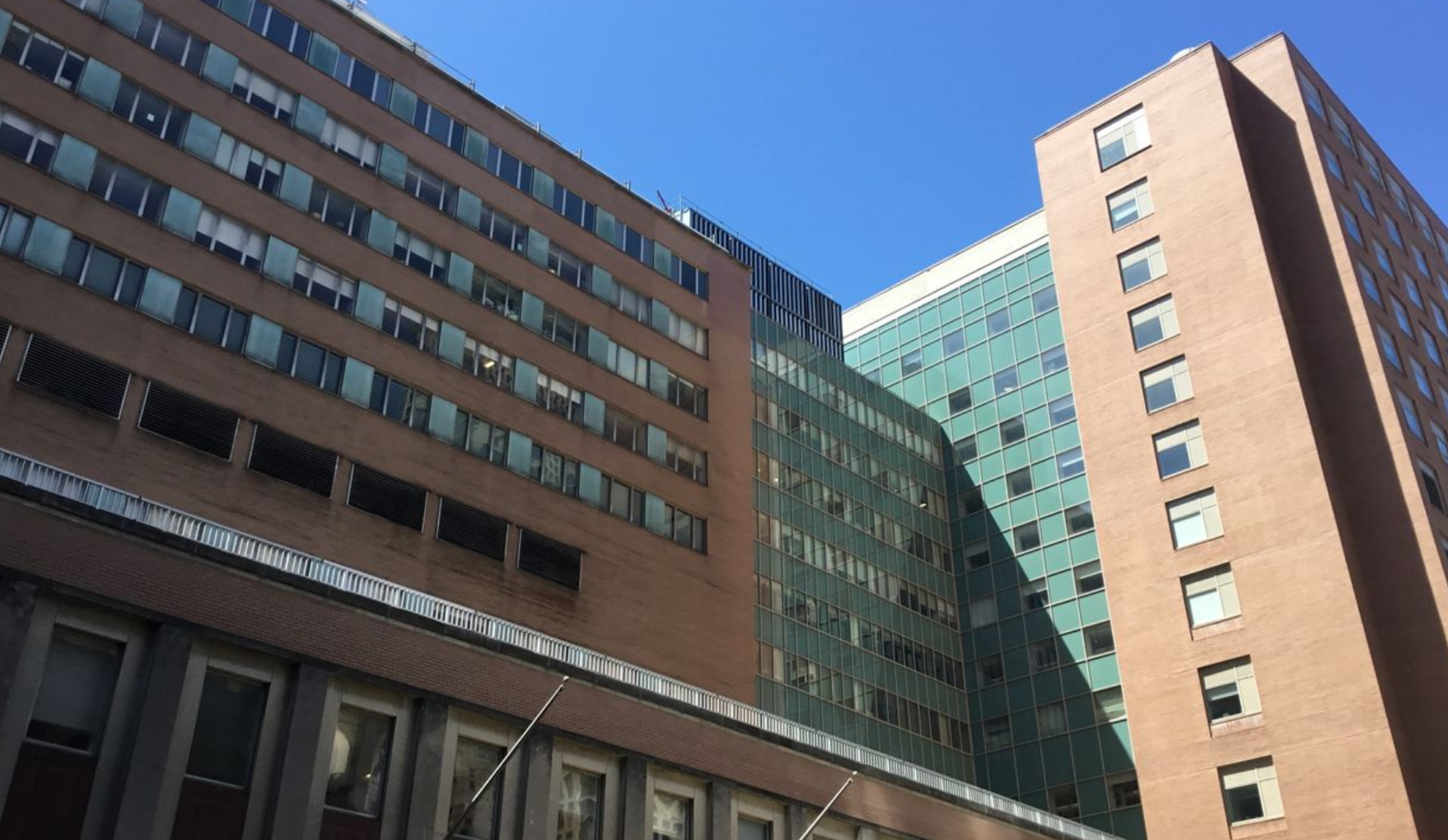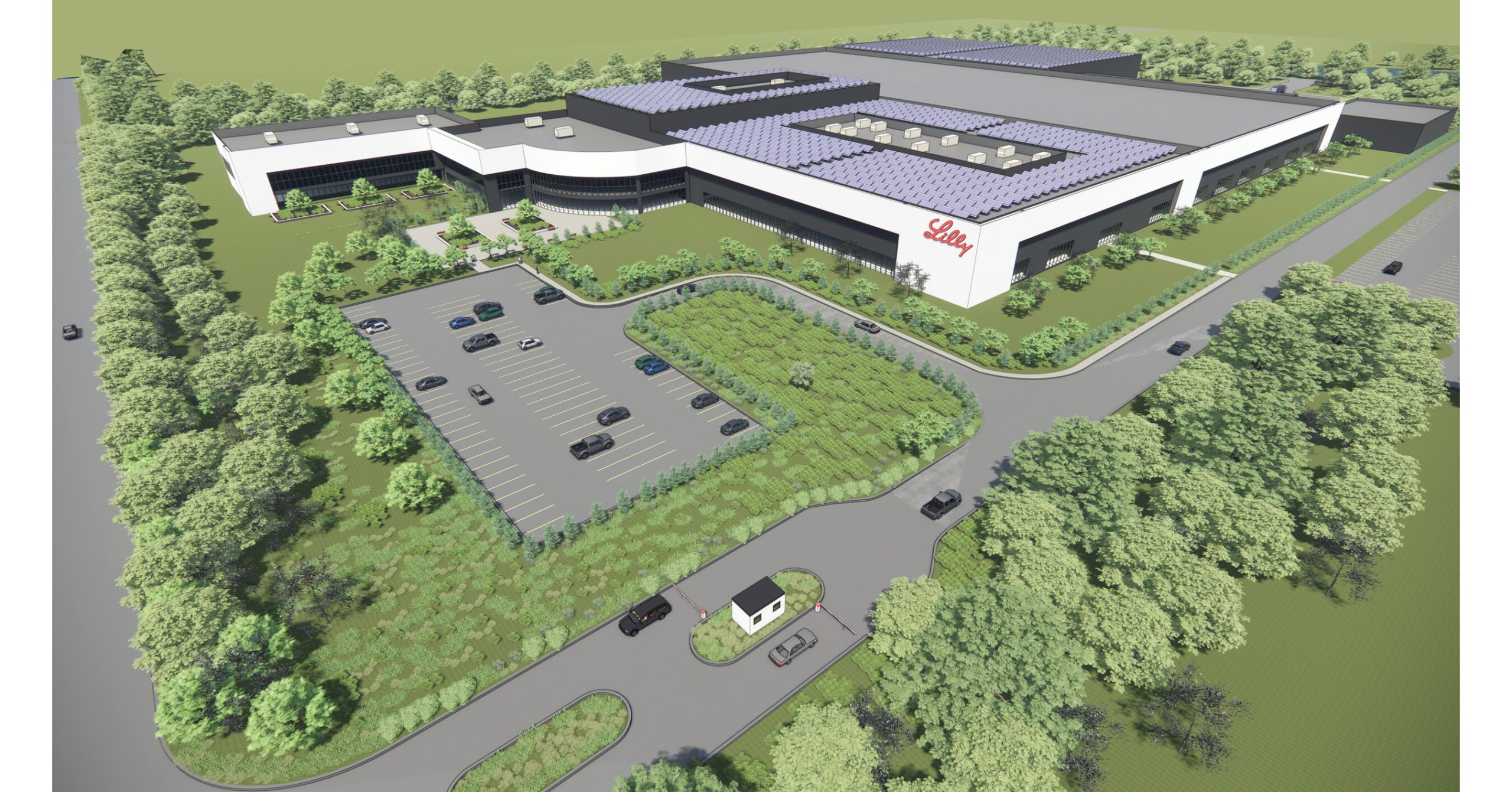An arbitrator has fined Mount Sinai Hospital in New York $127,057 for engaging in a “persistent pattern” of understaffing for three months in its neonatal intensive care unit (NICU).
Although the penalty is the first of its kind in New York, it represents little more than the cost of doing business for the hospital. Nor does it resolve the problem of understaffing, which Mount Sinai has a financial interest in maintaining. As a result, nurses and other health care personnel at the hospital will continue to be overburdened, and patients, including newborns, will remain at risk.
Mount Sinai is one of the oldest and biggest teaching hospitals in the country. Located in the East Harlem neighborhood of Manhattan, it is one of eight hospitals affiliated with the Mount Sinai Health System.
NICU nurses care for highly vulnerable, often premature infants. According to their contract at Mount Sinai, these nurses are to be assigned no more than two patients at a time. For extremely ill infant patients, the ratio is required to be one to one. The unit also is required to have two additional nurses without assigned patients, so that they can step in when needed.
NICU nurse Meghan Hurlbut told Politico, “This is about life and death for some of our patients.”
Consistently overburdened, Mount Sinai’s NICU nurses recorded their staffing levels and took the hospital to arbitration. The arbitrator found that from January 15 through April 15, Mount Sinai violated these terms continuously and that the NICU often was understaffed by as many as six nurses. This meant that, on average, 24 nurses worked simultaneously on the unit. In addition to being understaffed, the unit also was over its capacity. Although the unit has 46 beds, it typically treated 52 patients daily.
The arbitrator calculated the fine using the NICU nurses’ average daily base pay ($643) and the number of nurses that the unit was short on a given shift. He arrived at a total of approximately $152,000. But, deciding that this penalty “does not reflect the extraordinary financial efforts Mount Sinai Hospital has made to address staffing and meet ratios,” he subtracted 20 percent from that amount. The remaining $127,057 is to be divided between approximately 150 nurses, which will provide them each with little more than a day’s pay for three months of overwork.
Even this minimal fine elicited a howl of protest from Mount Sinai. Through a spokesperson, the hospital blamed understaffing on the shortage of health care workers. But the shortage itself results in large part from the working conditions that hospitals, both for-profit and ostensibly nonprofit, have maintained. The pandemic has increased levels of burnout among nurses, and high inflation has eroded the purchasing power of their inadequate pay. As their physical, mental and economic well-being has declined, nurses have been leaving the profession at an alarming rate.
The use of arbitration to respond to understaffing at Mount Sinai was written into the contract that the New York State Nurses Association (NYSNA) rammed through in January. Trumpeting the agreement as a victory, the union abruptly ended a powerful three-day strike by 3,000 nurses at Mount Sinai and Montefiore Medical Center. Yet the agreement did nothing to address the nurses’ main demands for improved staffing and better pay.
Mount Sinai Hospital in New York assessed token fine for persistent understaffing




